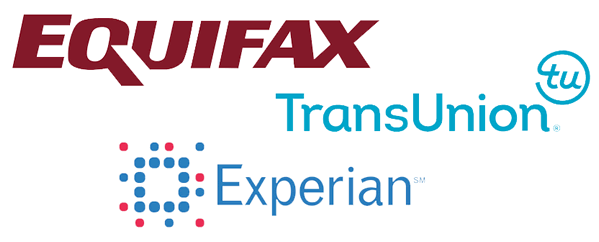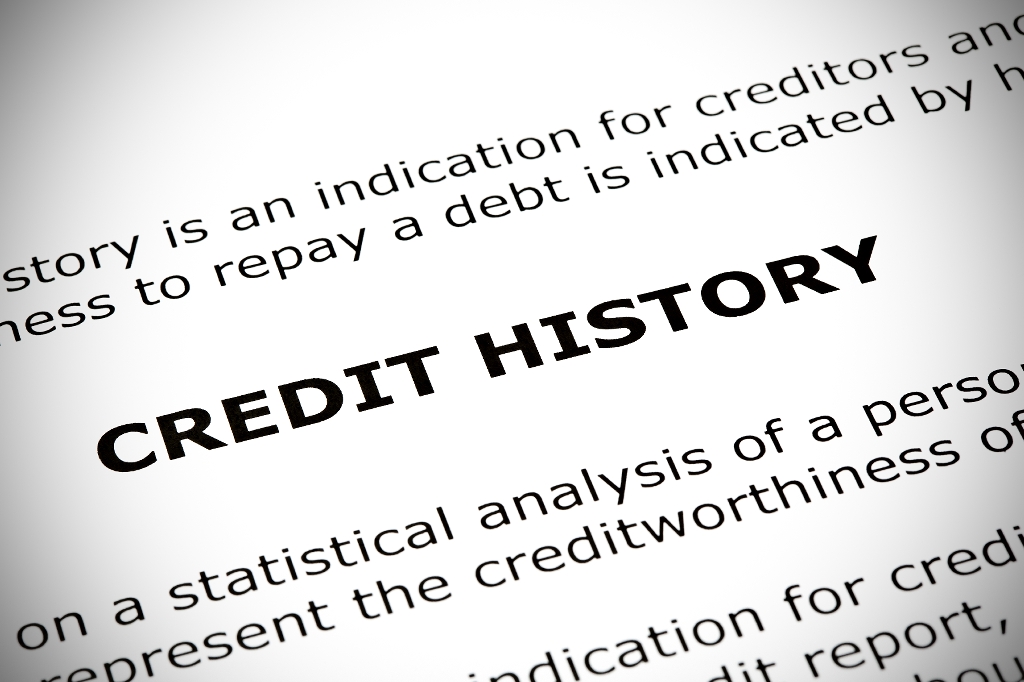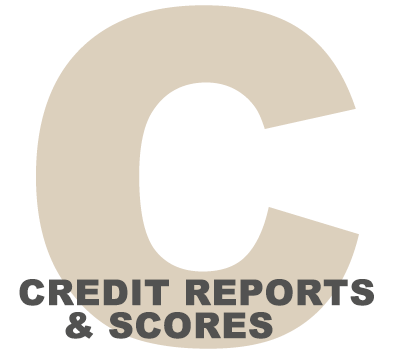Here is a list of resources for credit reports:
The UltraFico Score

Fair Isaac Corporation, the creator the FICO credit score, has announced a new credit scoring system coming in early 2019. The new FICO score will factor in how consumers manage their checking, savings and money market accounts. This new score will be called the UltraFICO score.
Currently the FICO credit score does factor in how consumers manage their banking accounts or any income related information.
Why is this happening? Lenders are looking for new customers. Since lenders evaluate customers based on their credit score, taking into account how a consumer manages his/her checking and savings account, may help increase his/her credit score.
What does this mean for consumers? Consumers with a credit score in the upper 500s or lower 600s, who handle their bank accounts responsibly, are likely to see a 20-point increase in the new score according to Fair Isaac. Specifically, consumers who carry an average balance of $400 in their account and have not overdrawn their accounts in the prior three months, will see the increase. This boost in score may help the consumer gain access to credit.
How to Obtain Your Free Credit Reports

The Fair and Accurate Credit Transaction Act requires each of the national credit reporting agencies to provide you a free copy of your credit report every 12 months. The three national credit bureaus are Equifax, Experian, and Trans Union.
You can obtain your free report by going online to www.annualcreditreport.com. Make sure you spell this correctly. If you aren’t immediately notified the site is secure, do not enter any information. If you are using a public computer, we suggest you call or mail for your free copy. When you go to the site you will be asked a series of questions to ensure your identity.
You can receive a copy of your credit report by calling 1-877-322-8228. You can send for a copy of your credit report by filling out a form found on the Federal Trade Commission’s website at www.ftc.gov/credit. The mailing address is: Annual Credit Report Request Service P.O. Box 105281 Atlanta, GA 30348-5281. If you send for a copy of your credit report by mail, make sure you have a secure mailbox, one with a lock.
Our suggestion is that you pull one credit report every four months. However, if you find any errors on your credit report, you may want to request a report from each of the credit bureaus. If you find errors on your credit report, you will want to follow each credit bureau’s process for notifying them of an error.
Correcting Errors on Your Credit Reports

Your credit report should be an accurate report of your accounts and how you have paid them. Even your identifying information should be accurate. This includes your address, previous address, employer, previous employer, etc., should all be accurate. No one checks your credit report for accuracy for you so it is important that you review your credit report and correct errors in it.
The three national credit reporting agencies are: Equifax, Experian, and TransUnion. The credit reports may vary based on whether or not your creditors report to all agencies. Just because one credit report has an error on doesn’t mean the others will also have an error. The only way to know for sure is to pull all three credit reports.
You can do this by going to www.annualcreditreport.com. You are entitled to a free credit report for each agency every 12 months.
As you review your credit report, take into account that there have been a number of mergers among creditors and financial institutions. Could it be the account you are questions is now with a company that has merged. For example, if you had a MBNA account it may now show up as a Bank of America account. You might not have taken out a Bank of America account but since the merger it may show up differently. Mortgage loans are often sold. The bank, credit union, or mortgage company you originally purchased home from may no longer have the account so another creditor may show up. If the information is correct now, you don’t need to dispute these kinds of accounts.
If you believe an account on your credit report is not your account then you need to dispute it. Each of the three national credit reporting agencies have their own process for disputing an account. The easiest way is to go to each credit reporting agency and following their dispute process. The contact websites for each are: Equifax - www.equifax.com ; Experian - www.experian.com ; TransUnion - www.transunion.com.
On each site look for the words “personal” for services, since credit reporting agencies provides services for people and business. Then look for the word dispute. Each site will ask you for your personal information. You should have a copy of the credit report in front of you while you submit the dispute. Just follow the instructions on the site. There’s no cost to submit a dispute. You don’t need to purchase any services offered by the credit reporting agencies on their website.
Review your credit report yearly to make sure it is accurate. Don’t let an error on your credit report keep you from accessing additional credit.



